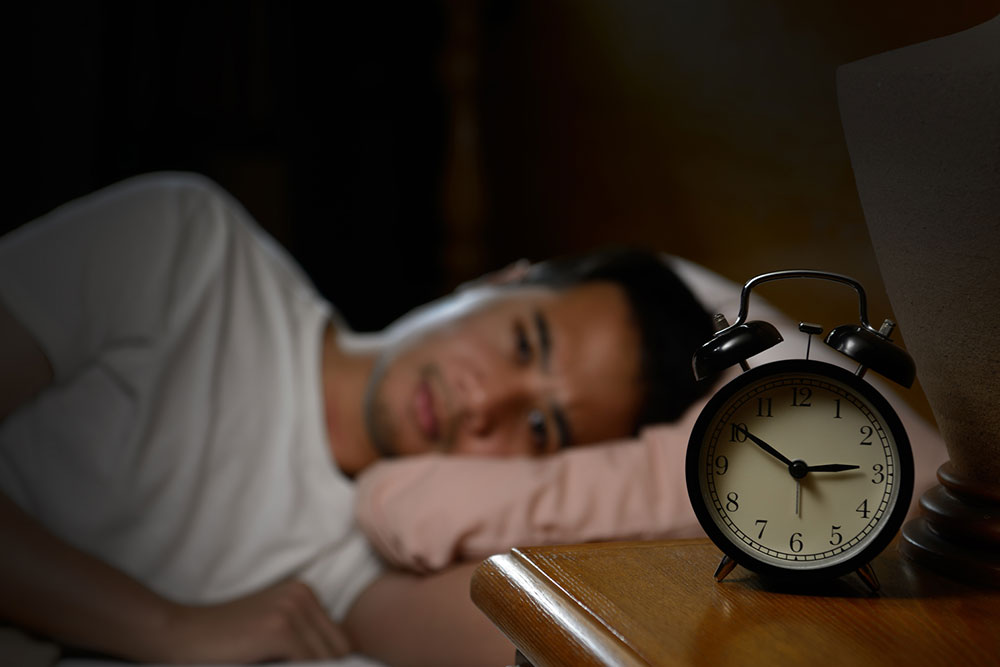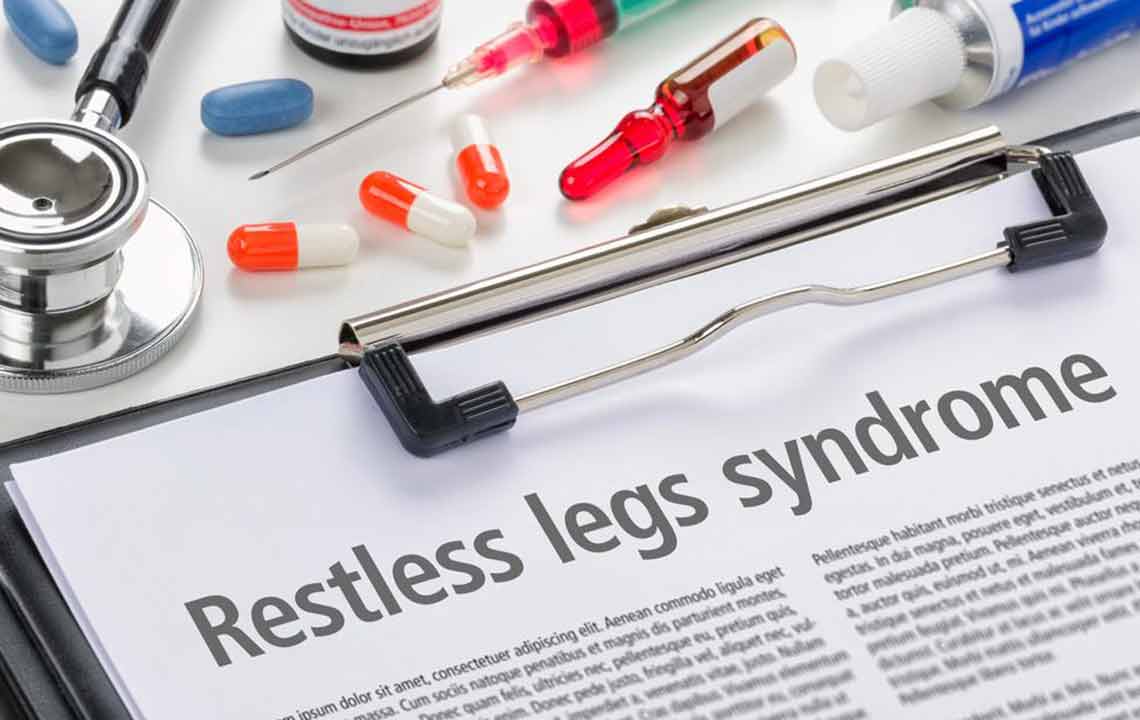Top Strategies to Overcome Sleeplessness
Discover effective methods to combat insomnia with practical tips such as reducing caffeine, exercising regularly, practicing relaxation techniques, and maintaining a consistent sleep routine. These lifestyle changes can significantly enhance sleep quality, improve overall health, and help you enjoy restful nights. Learn simple home remedies and lifestyle adjustments to manage sleeplessness and regain your energy and focus during the day.

Top Strategies to Overcome Sleeplessness
Sleep difficulties, such as insomnia, affect many individuals, making it hard to fall asleep or stay asleep. Common signs include daytime tiredness, difficulty concentrating, irritability, reduced productivity, and stress. While medical treatments can offer relief, home remedies are also effective. Recognizing habits that interfere with sleep is vital for managing insomnia. Adopting lifestyle changes like limiting caffeine, exercising regularly, practicing relaxation techniques, and maintaining a healthy sleep routine can significantly improve sleep quality. These simple steps can restore restful nights and boost daily well-being.
Limit caffeine consumption
Stimulants like caffeine can disrupt your sleep cycle. Consuming caffeine late in the day can lead to heightened alertness and difficulty relaxing at night. Beverages like coffee, tea, and soda contain caffeine and can stay in your system for hours, affecting sleep for those with insomnia. Reducing caffeine intake or avoiding it altogether, especially in the afternoon and evening, can promote better sleep patterns.
Engaging in physical activity daily improves sleep quality by releasing mood-enhancing chemicals that promote relaxation and sleepiness. Regular exercise, especially at least 150 minutes weekly, can help individuals fall asleep faster and enjoy deeper sleep stages. Moderate workouts like strength training or aerobic exercises are beneficial. Before starting any new fitness routine, consulting a healthcare professional is recommended to prevent injuries, especially for those with existing health conditions.
Incorporate yoga and relaxation routines
Practicing gentle yoga and relaxation exercises can reduce stress and improve sleep. Techniques such as deep breathing, meditation, and stretching help calm the mind and body — essential for those experiencing insomnia caused by anxiety or stress. Regular practice before bed can create a restful environment conducive to falling asleep more easily.
Participate in calming activities
Engaging in mentally stimulating but relaxing activities, like word puzzles or visualization exercises, can ease the transition into sleep. Activities that focus the mind and reduce stress levels help facilitate restful sleep and decrease nighttime anxiety.
Consider massage therapy
Research indicates that massage therapy enhances sleep quality and reduces daytime fatigue. Massages can alleviate stress and physical tension; however, those with certain health conditions should consult their doctor beforehand. Sensitive skin individuals should also be cautious of skin reactions caused by oils or creams during massage sessions.
Enjoy warm milk before bed
Traditional yet effective, warm milk contains tryptophan, an amino acid that supports serotonin and melatonin production, promoting relaxation and sleep. Individuals with lactose intolerance should avoid this remedy to prevent discomfort.
Eat balanced meals at regular intervals
Proper meal timing and nutritious food choices influence your body’s internal clock. Incorporate a balanced diet rich in fiber, proteins, healthy fats, vitamins, and minerals, consumed at consistent times daily. This routine helps regulate your circadian rhythm, making it easier to fall asleep at night. Combining healthy eating with practices such as mindful meditation and aromatherapy like lavender oil can further enhance sleep quality.
Important Notice:
The information provided here aims to inform and guide readers across various topics, including sleep health. While based on credible research, this content should not replace professional medical advice. Always consult a healthcare provider for personalized treatment options. The website cannot be held responsible for discrepancies or inaccuracies encountered elsewhere, and some offers or schemes discussed may differ from those available locally.










